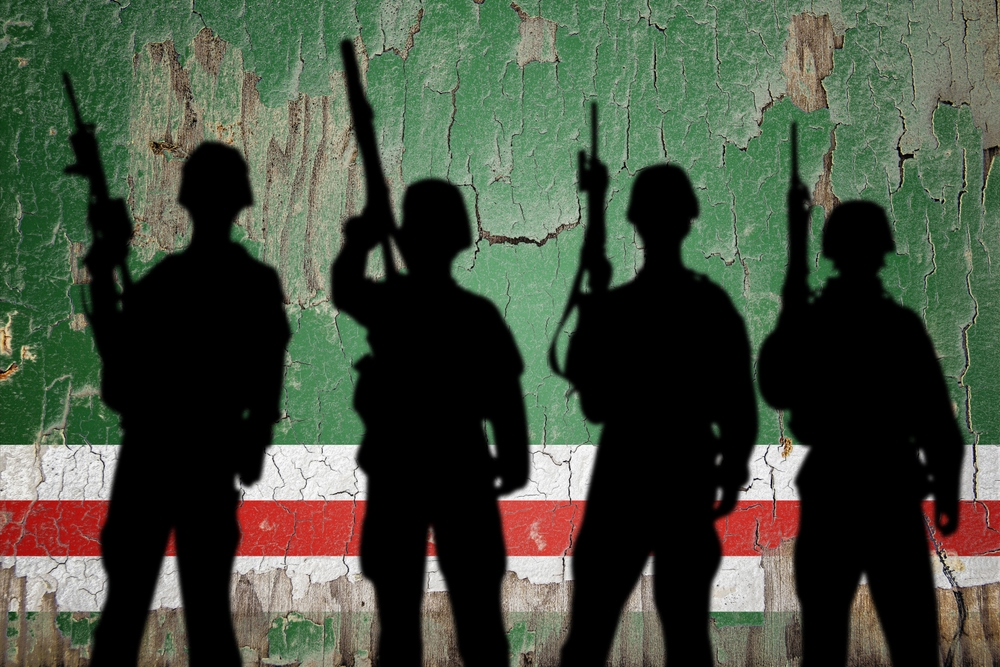This move follows the disbandment of the Wagner Group, a private military company once crucial to Russian operations.
Others are reading now
In a recent development on the Ukraine battlefield, Chechen soldiers under the command of the notorious leader Ramzan Kadyrov have been repositioned to the front lines, according to the British Ministry of Defence.
9,000 Pro-Russian Chechen fighters
This move comes amidst ongoing conflict between Russia and Ukraine and follows the disbandment of the Wagner Group, a private military company once crucial to Russian operations, according to Ziare.
As of May, it was estimated that around 9,000 pro-Russian Chechen fighters were active in Ukraine. Some of these troops have been engaged in the conflict since Russia’s annexation of Crimea in 2014 and the subsequent war in Donbas. However, a significant influx of Chechen fighters arrived following Russia’s full-scale invasion of Ukraine in 2022.
Initially, these units faced substantial casualties and were largely relegated to operations behind enemy lines and security duties. Their presence on social media, characterized by their leader’s frequent posts on platforms like Telegram, TikTok and Instagram, has been noted by observers.
Also read
Yet, their role has become more prominent with the decline of the Wagner Group, which has not conducted significant operations since the death of its leader, Yevgeny Prigozhin, last August.
Contributed to Training of Russian Solders
Harold Chambers, an expert on Russia’s North Caucasus region, explained that with Wagner’s disbandment, Kadyrov’s forces, known as Kadyrovtsy, have been sent to fill the operational gaps.
Chambers noted that these units have even integrated some former Wagner commanders, including those who had previously criticized them.
In addition to deploying troops, Chechnya has contributed to the training of Russian soldiers. The British Ministry of Defence reported that the Russian Special Forces University in Gudermes, Chechnya, has trained approximately 42,000 Russian soldiers since 2022.
However, the limited training time of just ten days raises questions about its effectiveness, highlighting the Russian military’s dire resource constraints.


